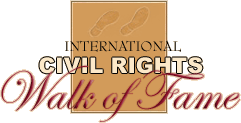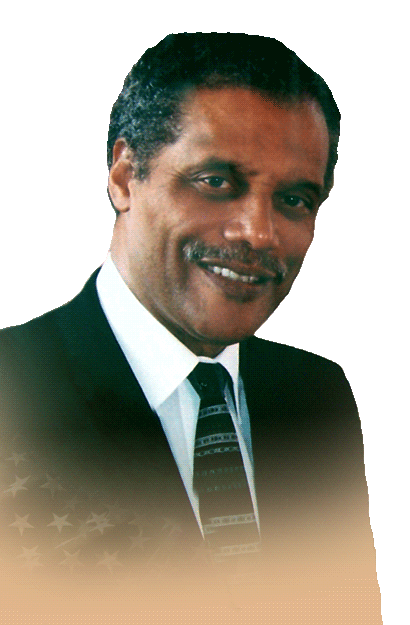 |
 |
 |
 |


| ||||||
|
A public servant in Los Angeles since the 1960s, Bernard Parks has consistently focused on instituting reforms in that city to eliminate dishonesty and improve the quality of life for all residents. The former Chief of the Los Angeles Police Department (LAPD) first joined that law enforcement agency as a rookie in 1965 as police cruisers were being desegregated. He was promoted to Sergeant in 1970. While serving on the LAPD, he simultaneously earned a B.S. Degree in Public Management from Peperdine University and a M.A. in Public Administration from the University of Southern California. Parks' responsibilities in the LAPD consistently increased. He served as Police Commander (1980); Deputy chief of Police (1988); and Assistant Chief of Police (1992). As LAPD Police Chief (1997-2002), Parks initiated an overhaul of the police department, emphasizing a community-policing network, and worked to stem corruption within the LAPD, sending former police officers to jail for their illegal activities. Crime in Los Angles fell by thirty-five percent during his stint as Police Chief. Seeking new ways to serve his city, Parks ran for a seat on the Los Angeles City Council in 2002, and won. He represents the 8th District in South Los Angeles. His priorities include modernizing the Los Angles International Airport and bringing the National Football League back to Los Angeles. Parks moved from Texas to Los Angeles with his parents while still a child. During high school, he played football and served as class president. He attended Los Angeles City College from 1961 to 1963 and worked at General Motors before being accepted into the Los Angeles Police Academy. Parks is considered an authority on criminal justice issues and maintains memberships in numerous local, state, and national law enforcement organizations. Parks is a founding member of the Oscar Joel Bryant Foundation, which seeks to promote understanding between African American police officers and their communities. The foundation is named after an African American police officer killed in the line of duty. |